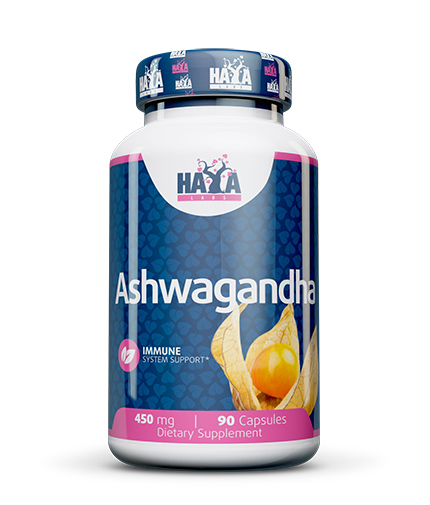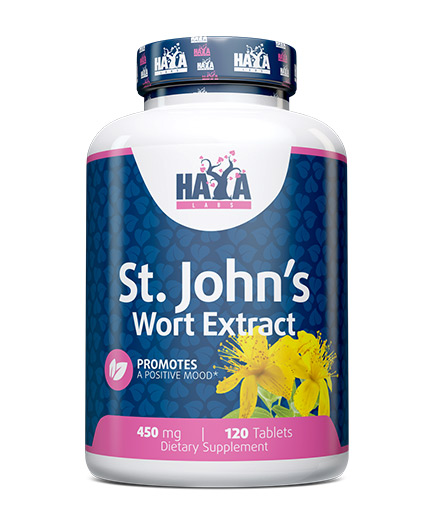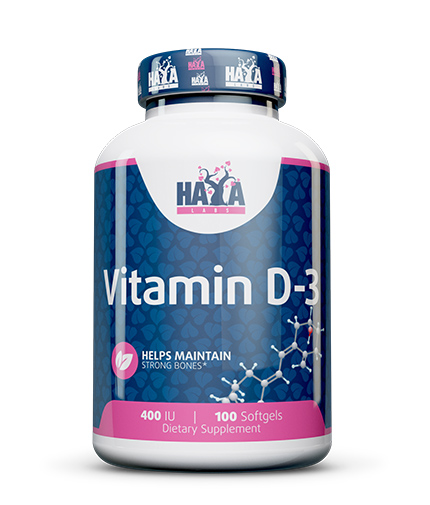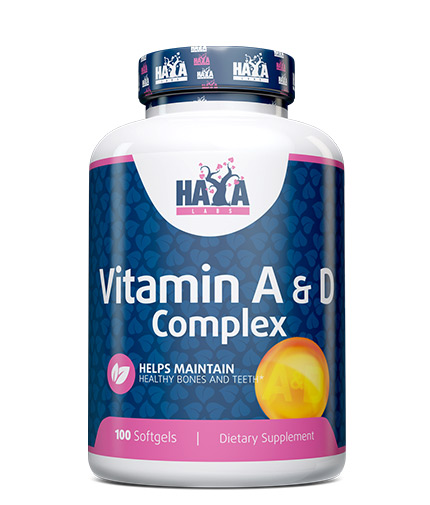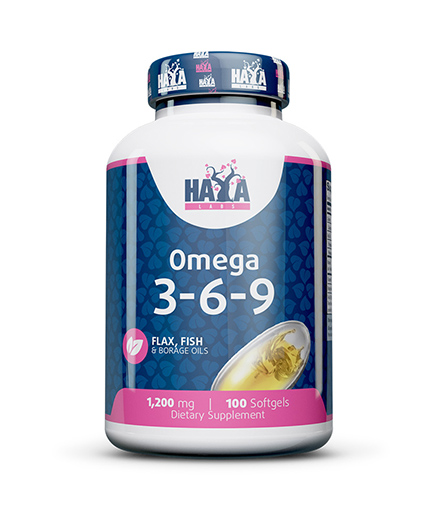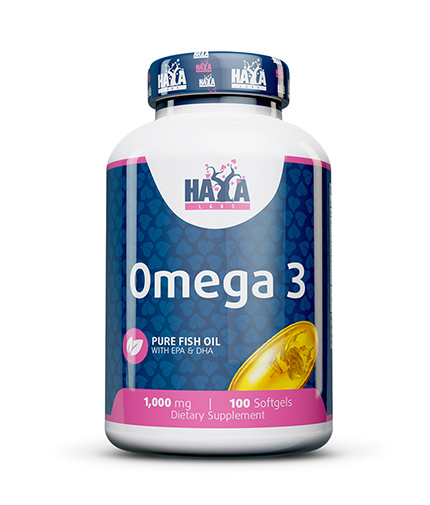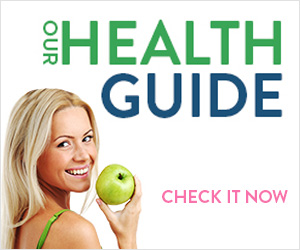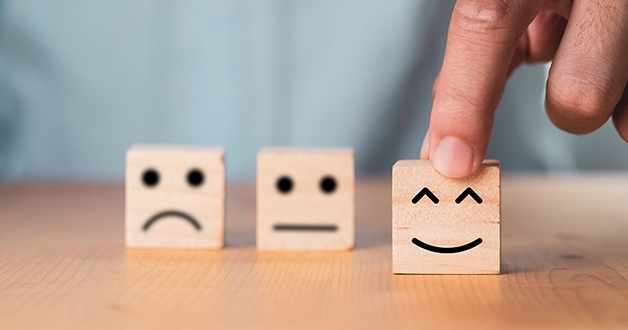
Supplements to improve mood
0
1776
The main thing to change these trends is to correct the way we live, but to some extent, we can also help with supplements.
Nutritional supplements are not meant to treat depressive states and our short material does not claim this. With certain supplements, you can correct your changing mood or counteract depression at certain stressful times, but do not treat disease conditions.
In this article, we'll look at the add-ons that can improve mood and counteract depression. This material differs from our "Addition to anxiety and nervousness" article in which we look at other impacts of certain add-ons. If you compare the supplements from the two articles, you will immediately find the different selection of substances.
Basic nutritional supplements
SAMe
SAMe (C-adenosylmethionine) is an important participant in enzymatic processes and more precisely in the methylation process. When a molecule in the body needs a methyl group to make a chemical reaction, namely SAMe provides it.
As a food supplement, SAMe is a potent tricyclic antidepressant (TCAs). It also strengthens the effect of selective serotonin reuptake inhibitors (SSRIs), bringing benefits in this regard as long as it does not over-dose with SAMe and SSRIs. Then it can have the opposite effect.
In some people, SAMe may increase homocysteine levels due to gene mutation, so alternative substances such as Coenzyme B-9 (methylfolate) are prescribed. Alternative therapy is choline and trimethylglycine (TMG, betaine) that increase SAMe levels but also regulate homocysteine levels.
How do I take SAMe?
3 times daily x 400 mg with or without food. The total daily dose should be 1200 mg.
An alternative is to take 2-3 times daily x 1500-2000 mg of TMG.
Vitamin D
Suboptimal and deficient levels of vitamin D are common, especially in people who are rarely exposed to sunlight. Apart from this, vitamin D is relatively difficult to feed.
Preliminary evidence suggests that vitamin D can significantly improve mood, but mostly in people who suffer from a deficiency or whose levels are below optimal limits. The effect of vitamin D in this direction is moderate and encompasses a particular target group. The positive vitamin is its safety and accessible use, so do not prevent it from adding it to your supplementary plan.
Vitamin D exists in two forms. Ergocalciferol (D-2) is a plant form, and cholecalciferol (D-3) is an animal form. It is D-3 that is the form that is synthesized in our bodies and therefore we recommend its use.
How do I take vitamin D-3?
The standard daily dose is 1000-2000 IU daily, preferably with a high-fat meal. Athletes and deficient people can safely take 5000 IU daily.
Zinc
Zinc is a key mineral for general health, and in particular, can affect mood.
It does not in itself have an anti-depressant effect, but can be useful in two directions.
read more
We recommend zinc as a basic additive because of the fact that zinc deficiency is common and its use as a dietary supplement is recommended.
How do I take zinc?
The use of zinc is strictly individual. Persons who do not sweat, do not exercise and consume enough meat, may not take zinc or take a daily dose of 10-20 mg.
Otherwise, we recommend a daily dose of 30-50 mg.
Zinc should be taken with a diet that is rich in protein.
Recommended dietary supplements
Adaptogens
Adaptogens are a class of herbs that directly reduce the mental and physical impact of stress, fatigue, mood swings and irritability.
Clinically, adaptogens can only affect certain states of depression, in this case, caused by anxiety and severe stress, whether psychological or physical.
Adaptogens encompass a number of herbs, but we strongly recommend two of them - Rosario Rose and Ashwagandha.
How do I take the adaptogens?
Take the rhodium between 200 and 500 mg once a day, preferably with food.
Take Asvaganda 300-600 mg a day with breakfast.
Fish oil / EPA
Omega-3 fatty acid EPA is concentrated in large quantities in the brain. Not one study associates low levels of EPA in the brain with depression.
Preliminary research suggests that EPA can be used in mood and depression therapies. Fatty acid also has a strong effect on children by suppressing depression while DHA regulates hyperactivity.
It is extremely beneficial for EPA to work in a state of acute depression but as an accompanying part of the main drug therapy. Any use in such cases should be consulted by a doctor.
How to take EPA?
The daily recommended dose is 500 mg. One dragee (1000 mg) of fish oil contains standard 180 mg of EPA. The concentrated formulations contain up to 400-600 mg of EPA per 1000 mg of fish oil.
St. John's Wort
St John's wort, Hypericum perforatum, is one of the most well-researched herbal antidepressants. Its strong effect can even be compared to some drugs.
St. John's wort is recommended in depressive conditions as an alternative to medicines, but not as an adjunct. The herb may not have the effect of severe clinical depression or when it is intended to improve the mood without symptoms of depression.
St. John's wort interacts with many medicines and should, therefore, be used with caution. If you are taking medicines, consult a doctor.
How to take St. John's Wort?
Start taking 300 mg daily and gradually increase to 900 mg. The daily maintenance dose is 600 mg.

